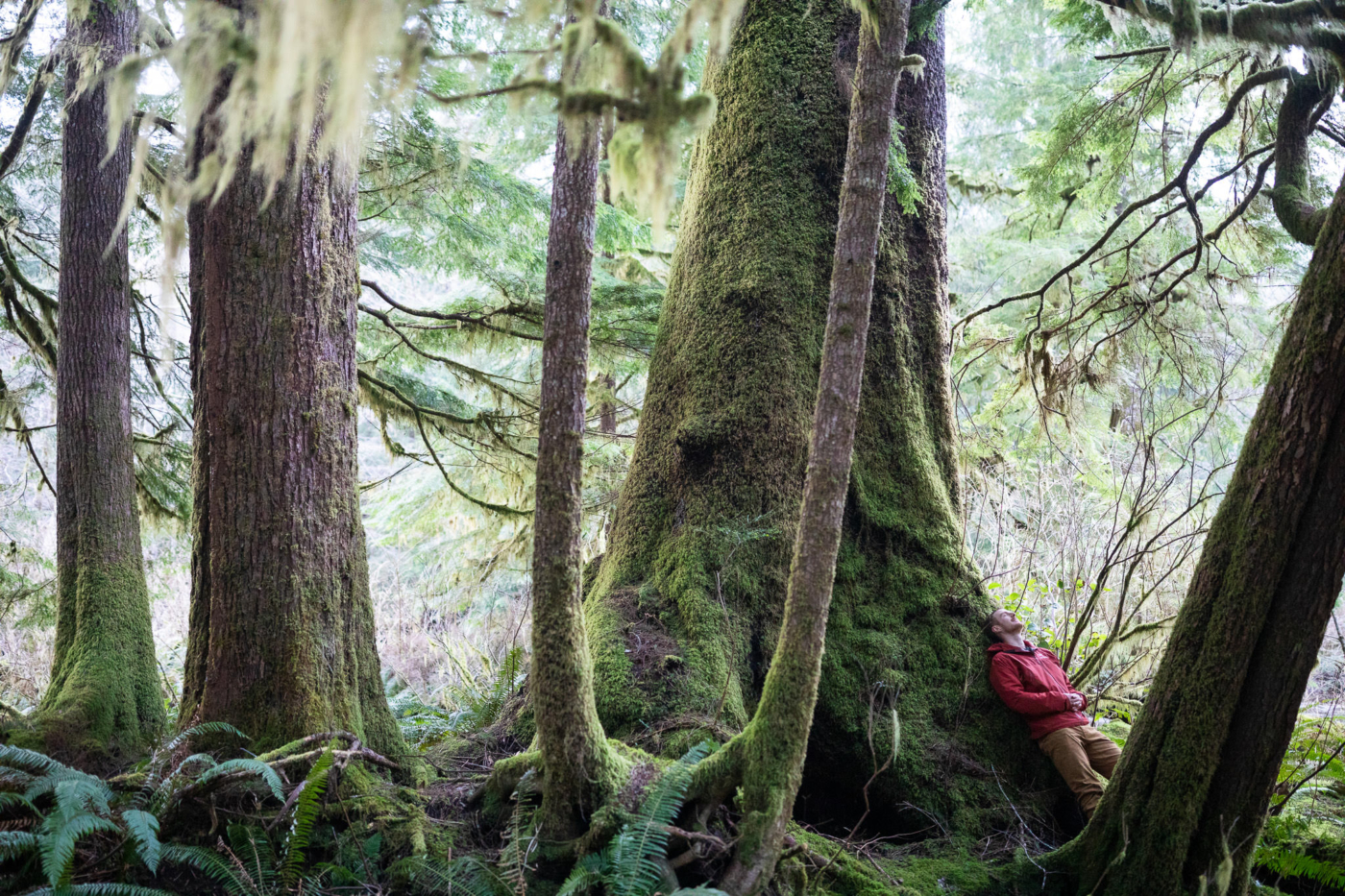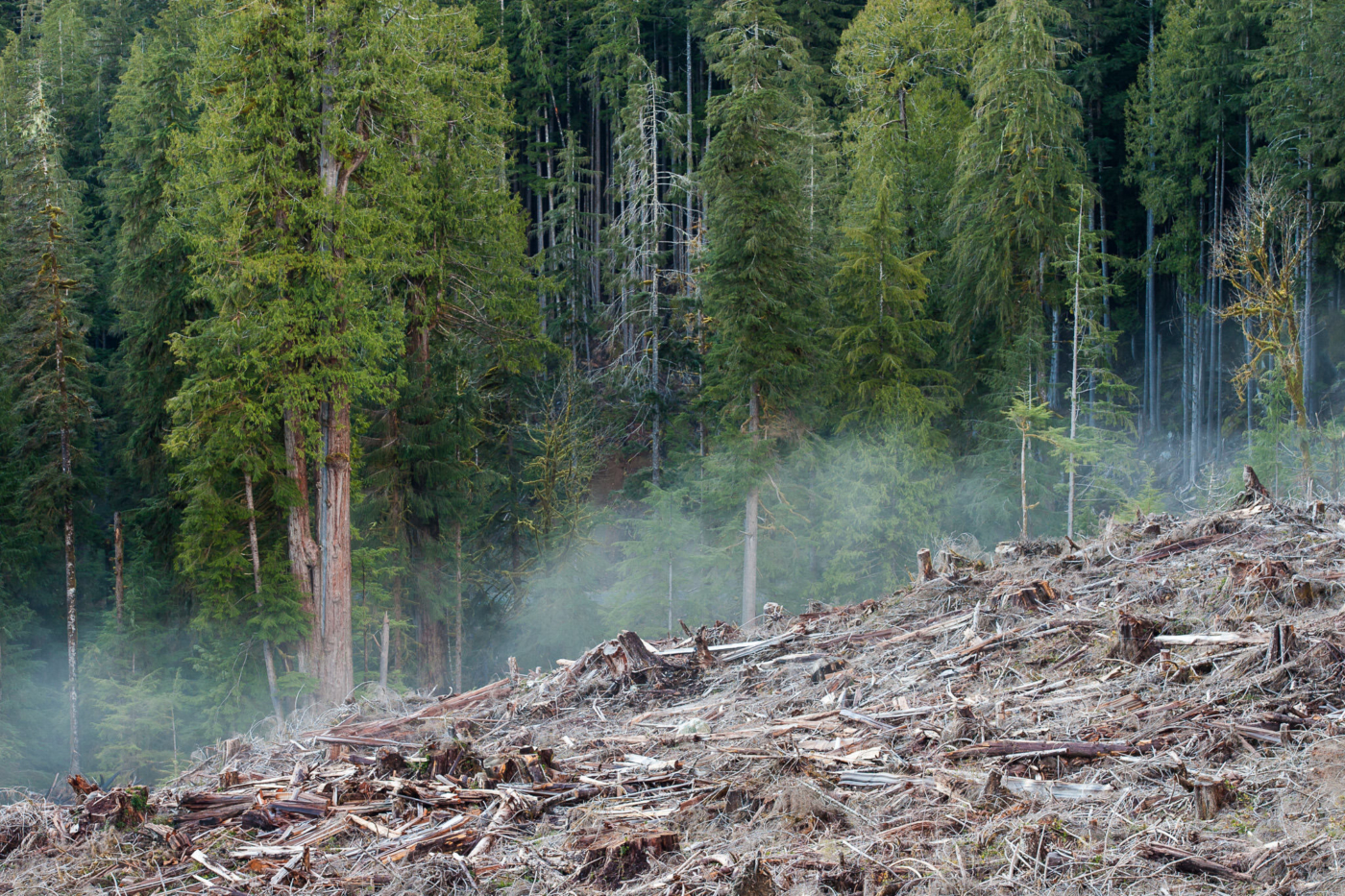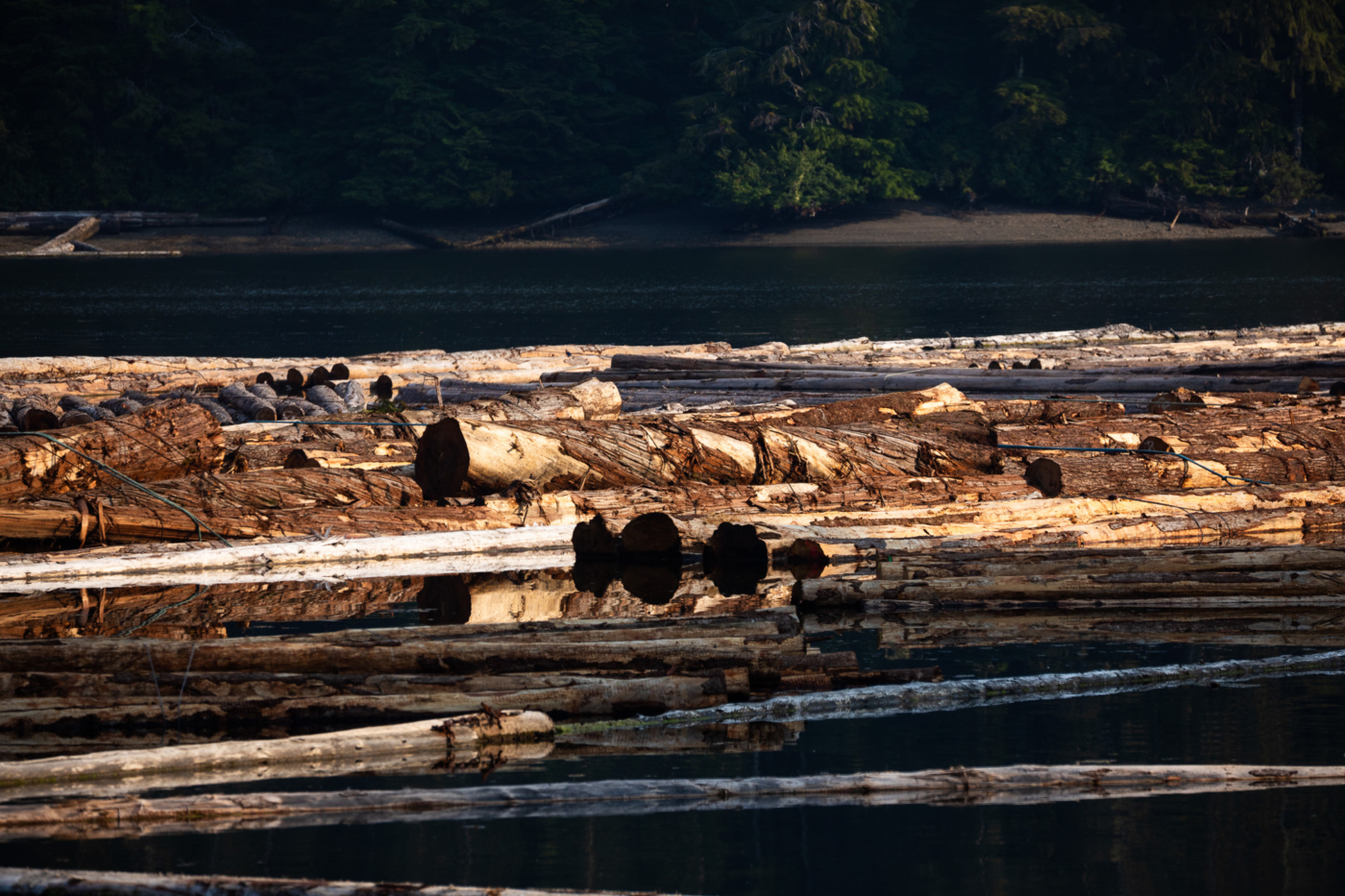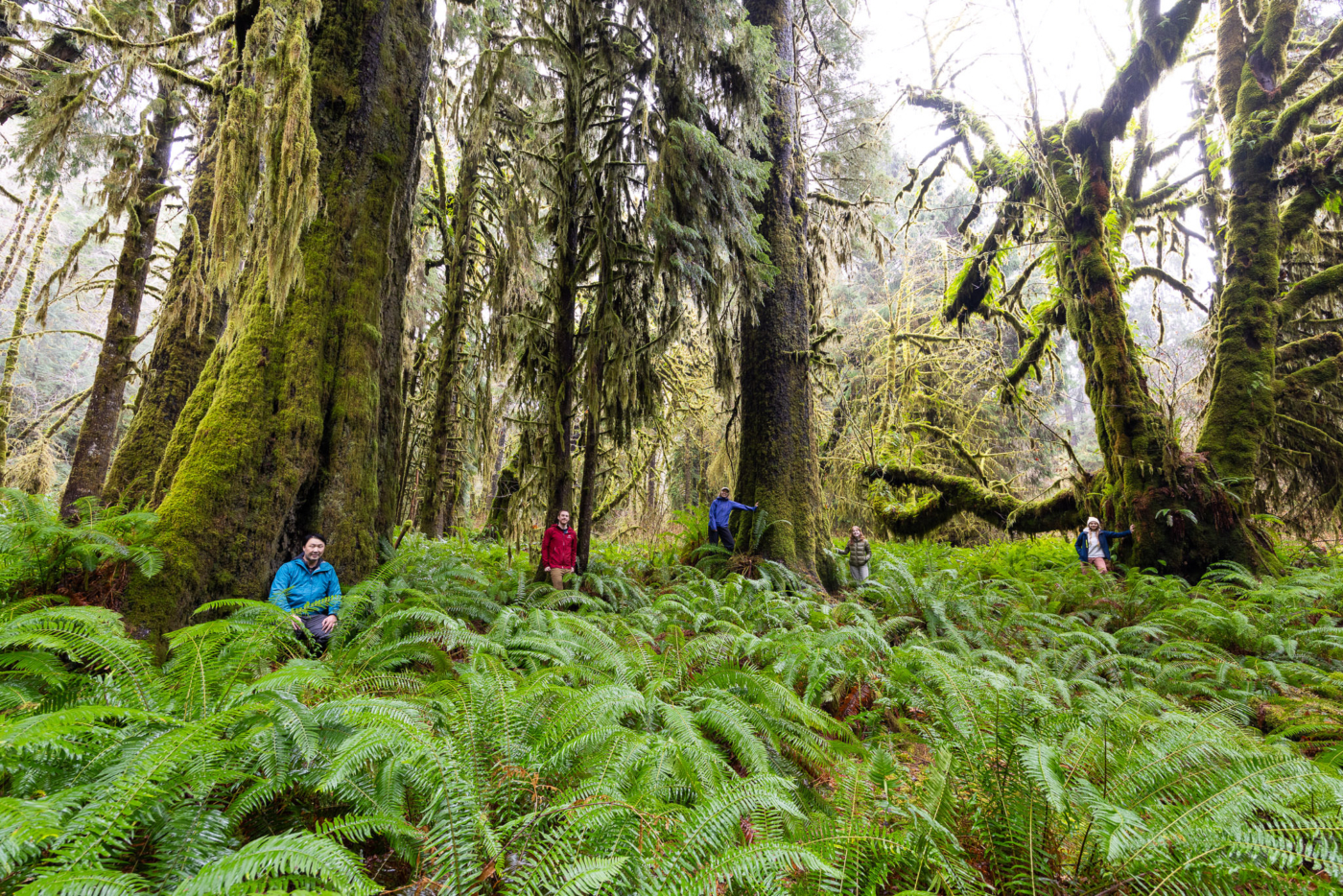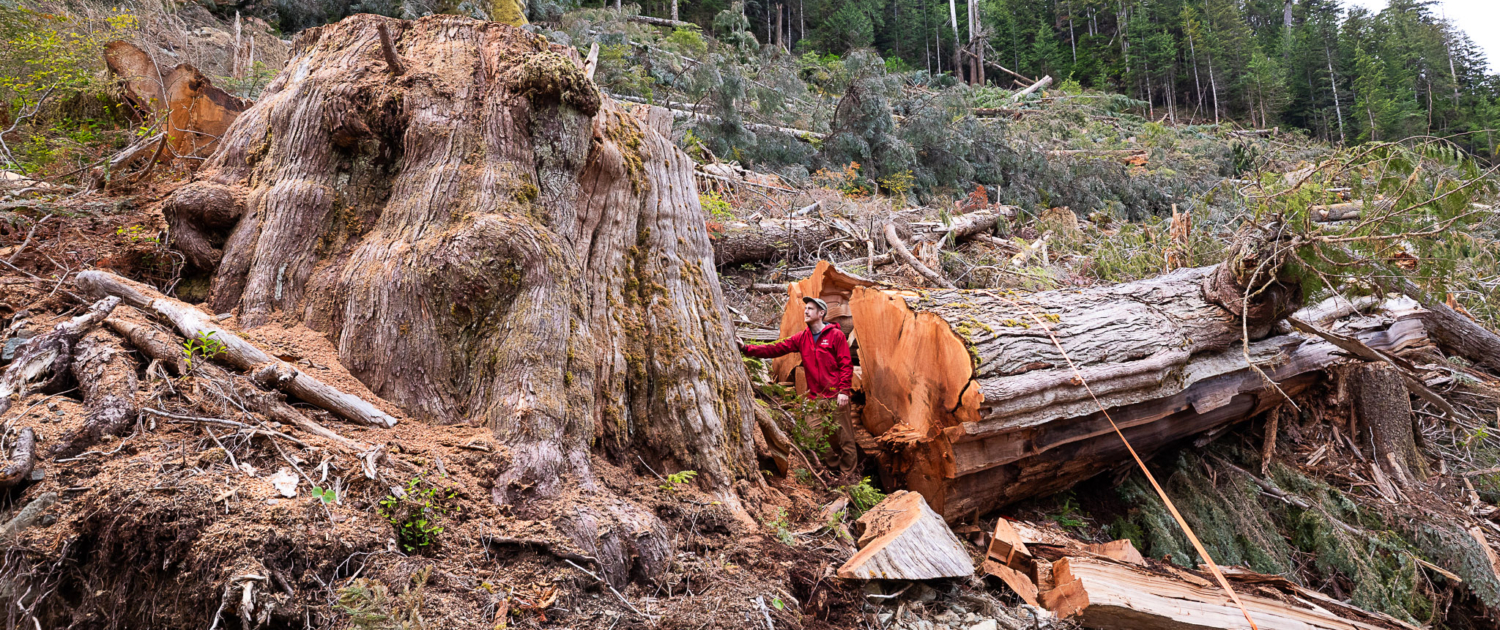 Nov 21 2025
Nov 21 2025Statement on the Provincial Forest Advisory Council’s Interim Report – AFA & EEA
The Provincial Forest Advisory Council’s (PFAC) interim report falls short of addressing the root causes of BC’s forestry crisis or outlining the bold, decisive actions needed to reverse it, warn the Ancient Forest Alliance (AFA) and Endangered Ecosystem Alliance (EEA).
The groups are calling on PFAC to deliver recommendations in its final report that will advance a sustainable, value-added, second-growth forestry sector while ensuring the vital and overdue protection of the remaining old-growth forests in BC.
Established by Premier David Eby and the BC Green Party in May 2025, PFAC was tasked with developing independent recommendations for a new, stable forest system that supports resilient communities, economies, and ecosystems across the province.
The PFAC’s interim report, released in October 2025, acknowledges the need to shift from volume-based to value-based forestry and that BC’s current forestry model is failing to adapt to changing environmental and economic realities, which AFA and EEA agree with. However, they’ve missed the giant stump in the room as the report fails to identify the causes of the industry’s decline or the transformative policy changes required to build a truly sustainable forest economy.
BC’s forestry industry has been steadily deteriorating after decades of overcutting the largest and most productive old-growth forests, compounded by climate-related impacts such as pine beetle outbreaks and increasingly severe wildfires. As the province naturally transitions toward second-growth forestry, the lack of investment in modern mills designed for smaller logs has left BC unable to adapt. Instead, vast quantities of second-growth and lower-value old-growth timber continue to be exported as raw logs, sending jobs and economic benefits offshore that could remain in BC.
Combined with the province’s current emphasis on an inflated Annual Allowable Cut (AAC), this approach has become a recipe for both ecological collapse and economic decline, locking the forestry industry into a cycle of diminishing returns, mill closures, and job losses.
With PFAC’s final report due by the end of 2025, the council has a critical opportunity — and responsibility — to recommend policies that will effectively future-proof and modernize BC’s forest industry.
The province must transition from a high-volume, old-growth-dependent model to a low-volume, high-value approach rooted in sustainable second-growth management and value-added manufacturing, while protecting endangered ecosystems. Recent reports indicate that the province is likely logging at twice the rate considered sustainable.
To achieve this, PFAC’s final report must recommend:
- Legislation to prioritize ecosystem health in all land-use decisions, as discussed in the Biodiversity and Ecosystem Health Framework.
- Far greater support and funding to transition toward a modernized, value-added, and sustainable second-growth forestry industry.
- Adequate resources for First Nations, including conservation financing dollars for economic alternatives, to expand the protection of at-risk forests.
If PFAC calls for bold policy change, BC can build a diversified, resilient economy that keeps forests standing and communities thriving.

